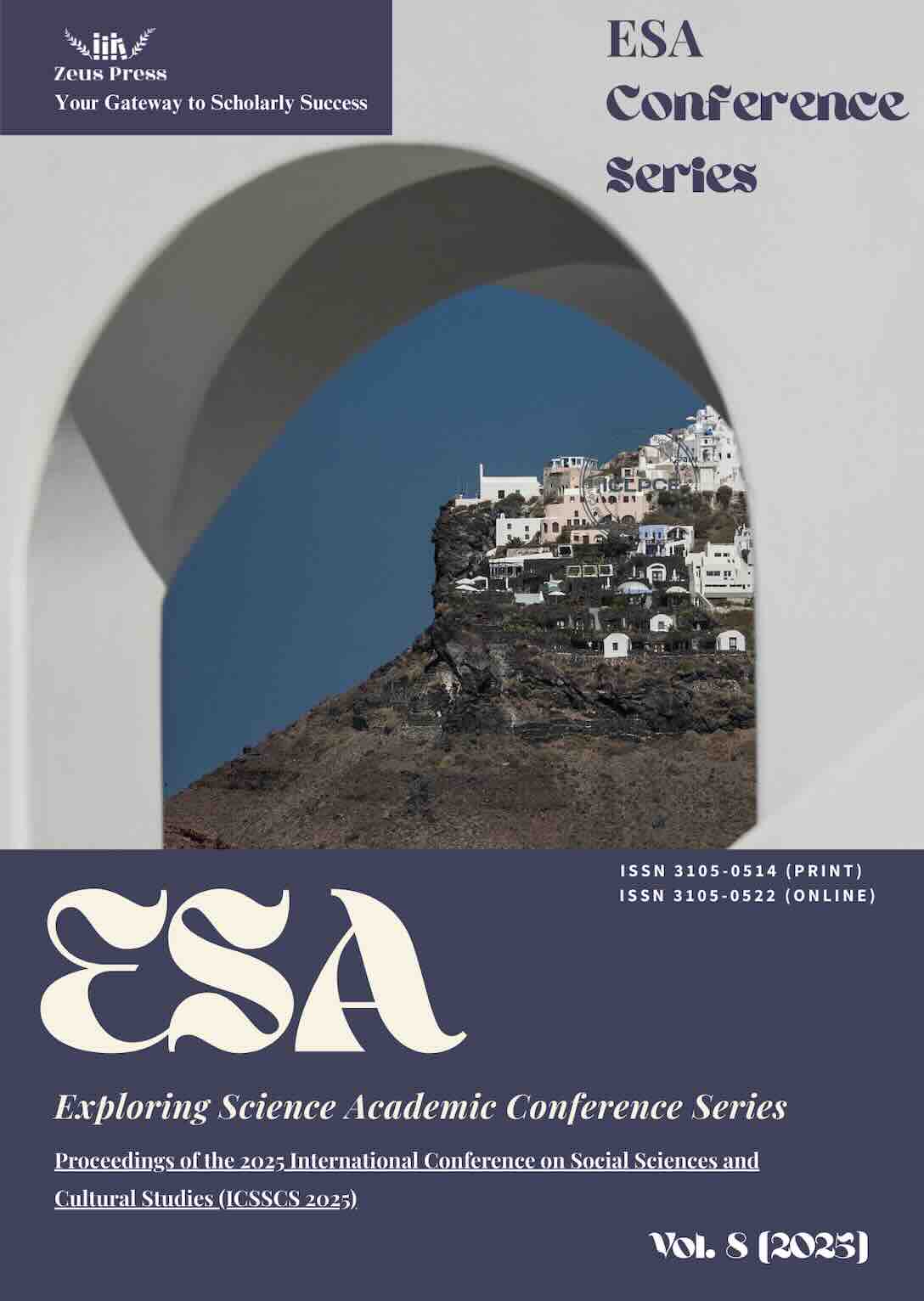Escaping War Crime Reflections of WWII: Japan’s Postwar Narratives through the Lens of Imperial Preservation, Remnants of Militarism, and Education
Main Article Content
Keywords
Japan, East Asia, postwar narrative, WWII, militarism
Abstract
This article presents systematic research regarding the factors that led to Japan’s evasion of war crime after WWII. There are three major factors behind such evasion: the preservation of the imperial system, which provided legitimacy and a symbolic foundation for right-wing forces; the revival of militarist ideology and elites under the conditions of the Cold War; and the education system of Japan, which shaped the country’s “victim identity”. The combination has portrayed Japan’s victimhood while hindering its aggression and war crime responsibility. By analyzing these factors through historiographical review and the professional concepts of memory studies, this research article demonstrates how Japan’s selective remembrance became institutionalized in Japanese society and politics.
References
- Barnard, C. (2001). Isolating Knowledge of the Unpleasant: The Rape of Nanking in Japanese high-school textbooks. British Journal of Sociology of Education, vol. 22, no. 4, pp. 519-530.
- Barshay, A. E. (1992). Imagining Democracy in Postwar Japan: Reflections on Maruyama Masao and Modernism. The Journal of Japanese Studies, vol. 18, no. 2, pp. 365-406.
- Bix, H. P. (2008). War Responsibility and Historical Memory: Hirohito’s Apparition [Online]. Asia-Pacific Journal: Japan Focus. Available: https://apjjf.org/herbert-p-bix/2741/article [Accessed October 31, 2025].
- Chen, W. and Fu, H. (2020). Persistence of Authoritarian Legality after the Transition to Democracy [Online]. Cambridge Core. Available: https://doi.org/10.1017/9781108634816 [Accessed October 31, 2025].
- Dower, J. W. (1995). The Bombed: Hiroshimas and Nagasakis in Japanese Memory. Diplomatic History, vol. 19, no. 2, pp. 275-295.
- Fackler, D. K. (2025). Defining Pacifism: Article 9's Role in Japan's National Defense and Global Commitments. UC L. SF Int'l L. Rev., vol. 48, p. 65.
- Jiang, C. (2005). Japan: Why are you still indulging in old dreams? On the different attitudes of Germany and Japan toward the history of war crimes. Exploration and Free Views, no. 4, pp. 28-34,57.
- Nozaki, Y. and Selden, M. (2013). Japanese textbook controversies, nationalism, and historical memory: Intra-and international conflicts. Asia-Pacific Journal, vol. 11, no. S7, pp. 272-298.
- Qin, Y. (2015). A brief discussion on the thinking logic of the defeat of Japanese militarism. Journal of the Party School of the CPC Guilin Municipal Committee, vol. 15, no. 3, pp. 9-13.
- Sakamoto, Y. (2005). The Postwar and the Japanese Constitution: Beyond Constitutional Dilemmas. Asia-Pacific Journal, vol. 3, no. 11, p. e10.
- Spremberg, F. (2021). The Asia-Pacific War in Japan's New Moral Education Textbooks. Asia-Pacific Journal, vol. 19, no. 18, p. e2.
- Stokes, B. (2016). Hostile neighbors: China vs. Japan [Online]. Pew Research Center. Available: https://www.pewresearch.org/global/2016/09/13/hostile-neighbors-china-vs-japan/ [Accessed October 31, 2025].
- Stokes, B. (2017). Japanese divided on Democracy’s success at home, but Value Voice of the people [Online]. Pew Research Center. Available: https://www.pewresearch.org/global/2017/10/17/japanese-divided-on-democracys-success-at-home-but-value-voice-of-the-people/ [Accessed October 31, 2025].
- Tanaka, N. (2004). The Dead Must Not Be Abused: Yasukuni Shrine, the Prime Minister and the Constitution. Asia-Pacific Journal, vol. 2, no. 4, p. e2.
- The Constitution of Japan (1946). Prime Minister of Japan and His Cabinet [Online]. Available: https://japan.kantei.go.jp/constitution_and_government_of_japan/constitution_e.html [Accessed October 31, 2025].


